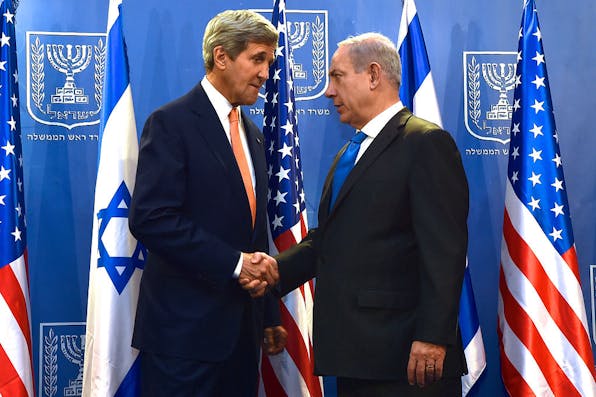
September 21, 2014
Keeping the Status Quo, and Improving It
Trapped between certain chaos in the West Bank if it withdraws and loss of international legitimacy if it doesn’t, can Israel still act affirmatively? Can we?
I’m grateful for the insightful responses to “What Now for Israel?” by Robert Satloff, Amos Yadlin, Haviv Rettig Gur, and Michael Doran. I have a few general points to make, and I trust they will emerge as I reply to each of them in turn.
With Robert Satloff I have but one disagreement. It concerns my reference to Islam’s “pernicious teachings” about Jews. Satloff objects. “Islam, as such,” he writes, “is not the problem. . . . [T]he problem is with certain Muslims” and their leaders, who propagate them; if those teachings “ceased to be taught, they would also cease to exercise an impact.” But the anti-Jewish passages in the Quran are not imaginary, and they do constitute a problem. It would be a very good thing if Muslim leaders were to repudiate them; if that day is far off, it is in part because the words in the text are so very strong.
On the issue of Israeli settlement activity, by contrast, Satloff and I are in agreement. As he notes—and he is the rare commentator who does take account of this fact—most new construction is done in areas that “even the Palestinians recognize will eventually be part of Israel.” But some construction is taking place beyond the security fence, in areas that in any two-state solution would be part of a Palestinian state. Like Satloff, I regret this and think it a mistaken policy.
Responses to September ’s Essay

September 2014
Israel’s Situation, in One Word
By Robert Satloff
September 2014
Can the Unsustainable Be Sustained?
By Haviv Rettig Gur
September 2014
The Case for Unilateral Action
By Amos Yadlin
September 2014
What Now for the United States?
By Michael Doran
September 2014
Keeping the Status Quo, and Improving It
By Elliott Abrams